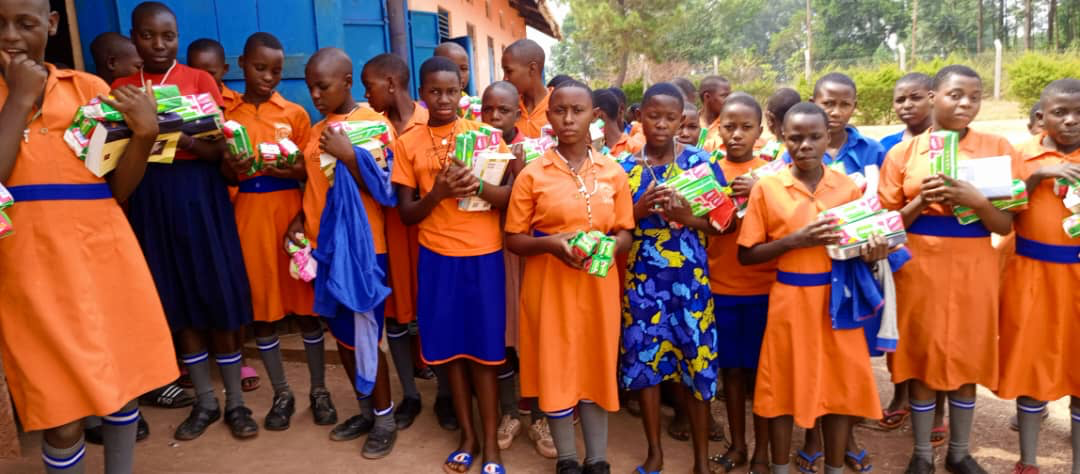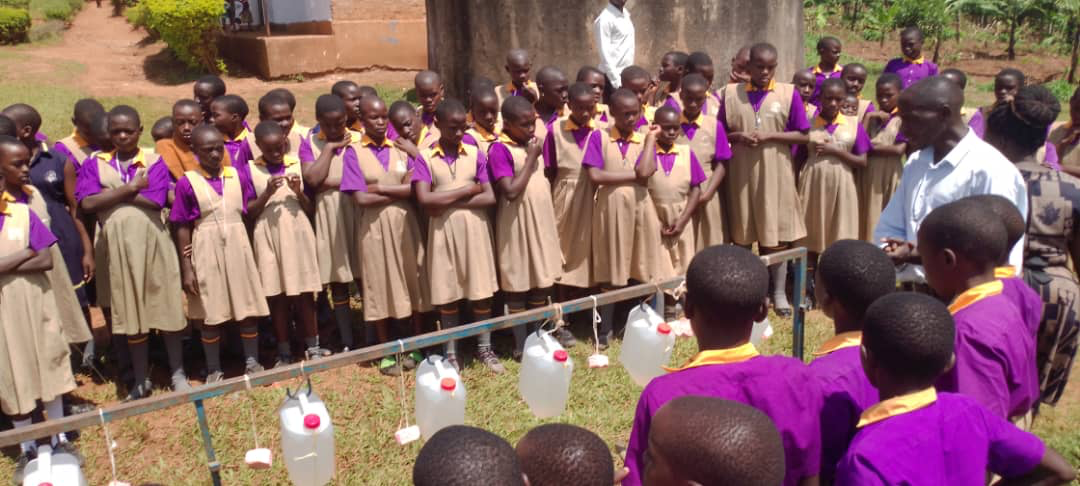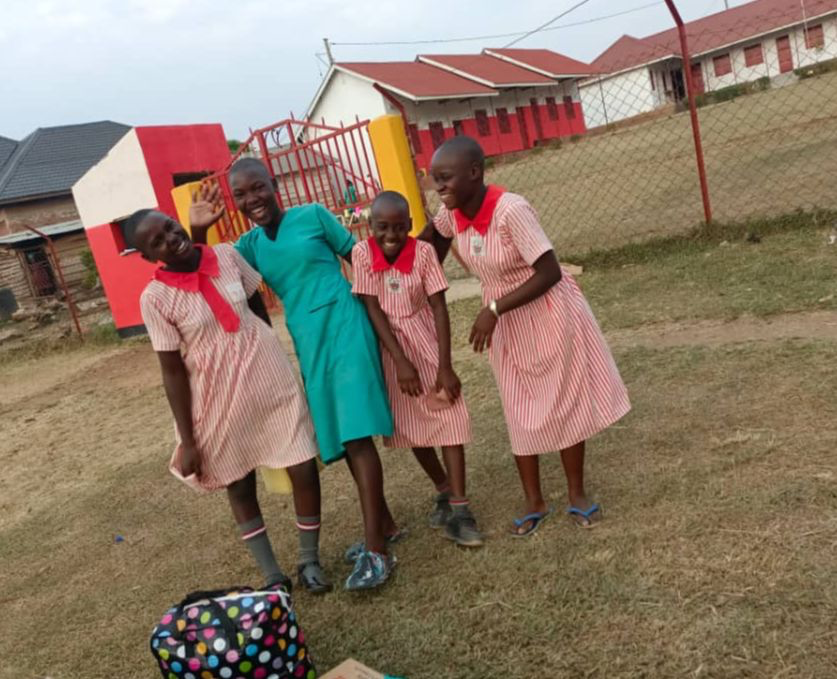BACK TO THE BASICS: Compelling facts that fuel KFNL
May 19, 2023

So I did a thing. I researched girls/education/Uganda all over as if I never had before. So much struck me and refocused me on the urgency of need and vulnerability of girls who drop out of school. I want to share these insights gathered from organizations with global vision and involvement.
“Twelve million girls around the world are married before age 18 — every year. The reasons for child marriage are diverse and complex, but they’re rooted in gender inequality and exacerbated by poverty, weak enforcement of laws, and harmful social norms and practices. The key to change isn’t pointing fingers — it’s working with communities where the practice is common.” (World Vision)
KFNL does this every day!
The Global Education Monitoring Report states 12 years of education for every girl would reduce child marriage globally by 64%.


“According to the HCI (Human Capital Index), a child born in Uganda today will only be 38 percent as productive as she could be if she had completed her education and maintained full health when growing up; this ranks the country 137 out of 157 on the HCI. This poor position is largely due to the low quality of education and low secondary completion rates, especially among the bottom 40 percent of rural households.” (World Bank)
KFNL schools strive for academic excellence and consistently test in top tier of rural schools in Uganda.
“Higher educational attainment among young women delays childbearing, lowers the chances of early marriage, boosts their productivity, and empowers them as adult women… advances in women’s education levels improves child health outcomes. Educated mothers are more likely to use prenatal and child health services, improving child health outcomes, which positively affects human capital. Moreover, interventions (such as conditional cash transfers and the provision of free school supplies) that reduce the economic constraints to girls’ education are the most proven to delay marriage and childbearing.”-(World Bank)
Sounds like KFNL’s Circle of Health & Hygiene is right on target.
$35 keeps 1 girl in school for 1 year
“Africa has the highest economic returns to education in the world: each year of schooling raises average earnings by 11.3 percent for males and 14.5 percent for females. Education interventions are shown to have a direct impact on skills, academic achievement and, consequently, earnings…promoting a virtuous cycle of human capital formation.” (Uganda Systematic Country Diagnostic Update 2021)
Small investment = Great Return!
Your investment in girls’ education through KFNL directly addresses these very challenging situations. Our health curriculum is a way for girls and boys to hear about their dignity and their future – to plant dreams that will bear fruit going forward.
Thank you for your generous support that makes it all possible.
Planting dreams along with you,
Watha Kollmeyer
